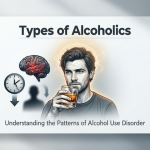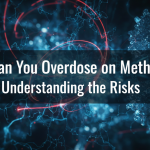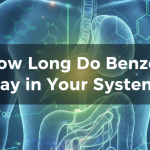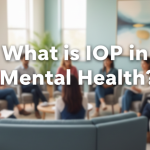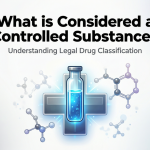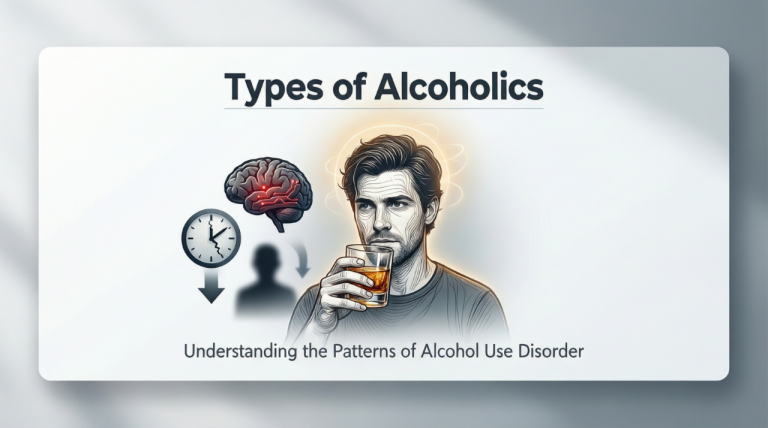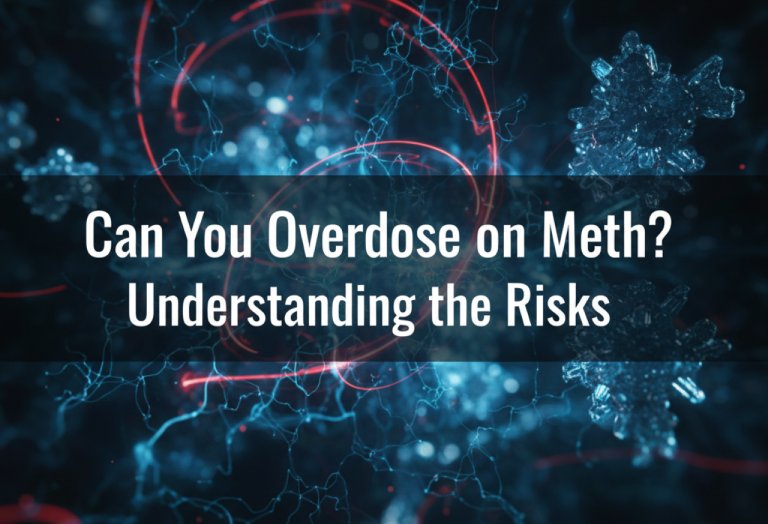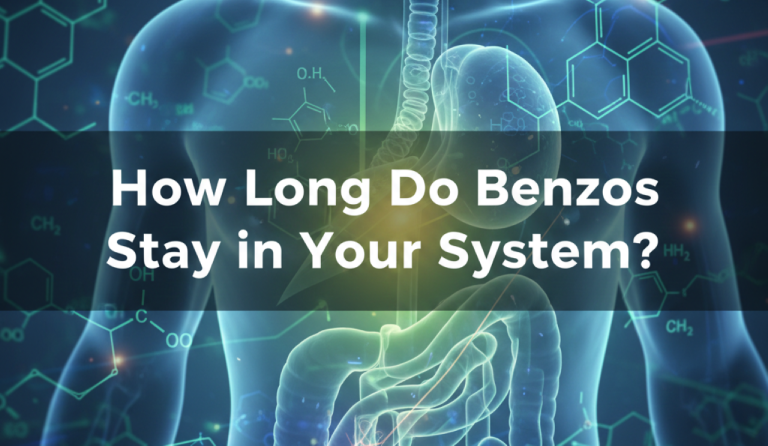Substance abuse is a global problem that has affected many people around the world. It affects not only physical health but also mental health. Research has shown that people with substance abuse disorders are more likely to develop anxiety and depression disorders. Understanding this connection is critical since it may help improve treatment and recovery plans. In this blog, we will explain how substance abuse can lead to severe mental disorders like anxiety and depression.
Understanding Substance Abuse
Substance abuse is a behavior that involves the use of substances like alcohol, drugs, or even medications in a manner that leads to significant health and social problems. Stress, trauma, or emotional pain are some of the reasons that make people seek solace in substances. At first, substances can help a person relax or forget their problems, but this is only short-term, and often masks underlying issues.
Substance abuse can cause changes in brain structure and functioning and among the serious consequences are anxiety and depression. While substances might offer short-term comfort, they lead to serious mental health problems. It is important to understand this cycle to be able to identify the appropriate treatment.
The Link Between Substance Abuse and Anxiety
How Substance Abuse Causes Anxiety
Substance abuse has a lasting impact on the chemical balance of the brain. For instance, alcohol and certain drugs can alter some neurotransmitters, such as serotonin and gamma-aminobutyric acid (GABA) which are used in the management of mood and anxiety. Substances abused affect these neurotransmitters and thus cause increased anxiety and panic attacks.
In the beginning, substances might help to decrease the level of anxiety, but later they can lead to the aggravation of the condition. The brain gets accustomed to using the substance to deal with stress and once the substance is not available, anxiety will rise. This cycle becomes a cycle of dependency and as the substance is used to manage anxiety, it only causes more anxiety that requires more of the substance.
Anxiety as a Consequence of Withdrawal
Withdrawal symptoms are usually observed in people who try to stop using substances and these may include severe anxiety. This anxiety can be very severe and may lead to the person using drugs or alcohol to cope with the condition, thus increasing the chances of relapse. Anxiety that results from withdrawal can be quite severe and may need the help of a professional to be handled.
Orlando Treatment Solutions is here to help if you or a loved one is dealing with anxiety stemming from substance use. For further information on the anxiety treatment we offer, please do not hesitate to contact us.
How Substance Abuse Leads to Depression
The Depressive Cycle of Substance Abuse
Some substances may at first conceal the signs of depression by giving a feeling of well-being or a moment of happiness. However, this effect is short-lived. In the long run, substance abuse results in a cycle of enhanced levels of depression. The temporary relief becomes less effective, and individuals may experience worsening depressive symptoms.

Substance abuse causes social isolation, a lack of structure, and deteriorating relationships—all of which are risk factors for depression or make depression worse. The substance-induced isolation and the negative effect on life circumstances are a recipe for depression.
The Role of Brain Chemistry
Depression can also be caused by substances in the way that they change the chemistry of the brain. For example, drugs and alcohol can affect neurotransmitters such as serotonin and dopamine that help to regulate one’s mood. Depression in substance users is therefore more resistant to treatment, as they have learned to alter their brain function in the process of substance abuse.
Substance abuse can also alter the chemistry of the brain, making the patient experience a cycle of depression whereby the person feels they are stuck in a loop of substance use and depressive episodes.
At Orlando Treatment Solutions, we understand the connection between substance abuse and depression and we are here to help you break this cycle. Check out our programs for substance abuse and depression treatment.
Dual Diagnosis: Treating Substance Abuse and Mental Health Together
A dual diagnosis, or co-occurring disorder, means that the patient has both a substance abuse problem and some form of mental disorder. It is important to manage dual diagnosis because these two conditions are usually comorbid and intensify each other’s impact, complicating the treatment process.
An integrated treatment approach is essential for effectively addressing both substance abuse and mental health issues simultaneously. This approach involves the integration of therapies, counseling, and medical treatment, that is unique to the patient’s condition.
Seeking Professional Help
One of the most important parts of the recovery process of recovery is to turn to a specialist. A dual diagnosis of substance use disorder and mental health disorder needs separate treatment to tackle both conditions. Professional treatment often includes a combination of individual therapy, group therapy, medication management, and support services.

Orlando Treatment Solutions has various forms of treatment that are aimed at helping patients overcome substance use disorders and any co-occurring mental disorders. Our staff is committed to ensuring that you get the best care to help you heal.
Building a Support System
Support groups, involving family and friends and other people who have faced similar issues, can help to give hope and support. Building a network of support helps individuals stay motivated and resilient during the recovery process.
Our treatment programs also involve follow-up or outpatient services, counseling, and other aftercare services that are important in the prevention of relapse.
Ready to take the first step towards recovery? For more information on how we can assist you or your family member to get back on the right path and live a drug-free and healthy life, call us at (321) 415-3213 or visit Orlando Treatment Solutions today.







